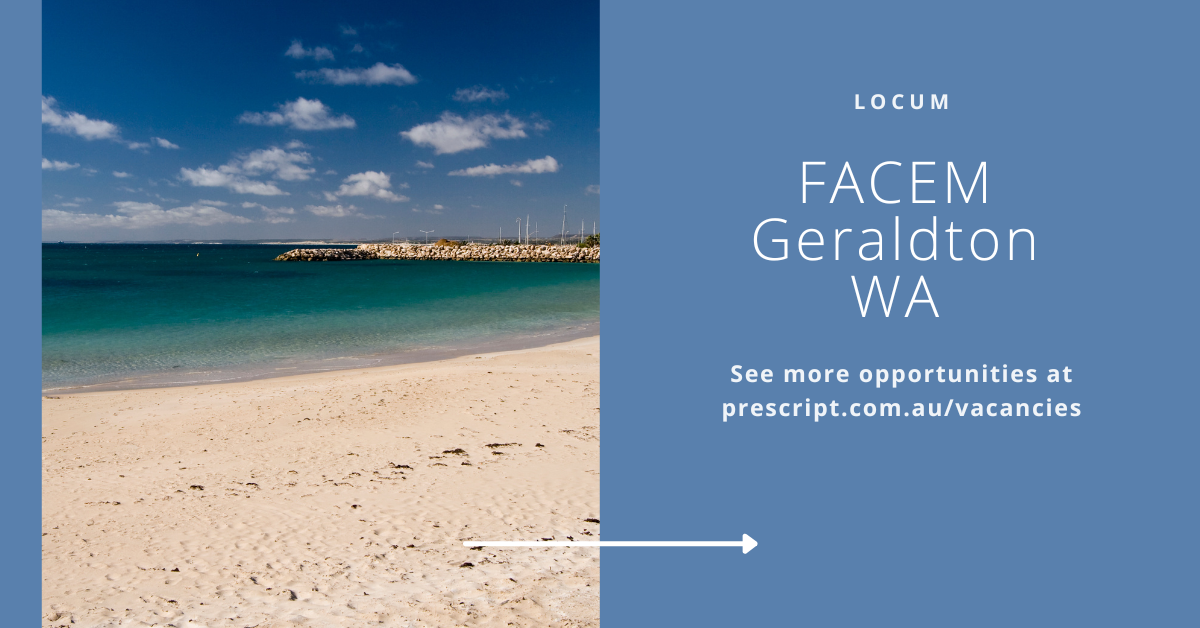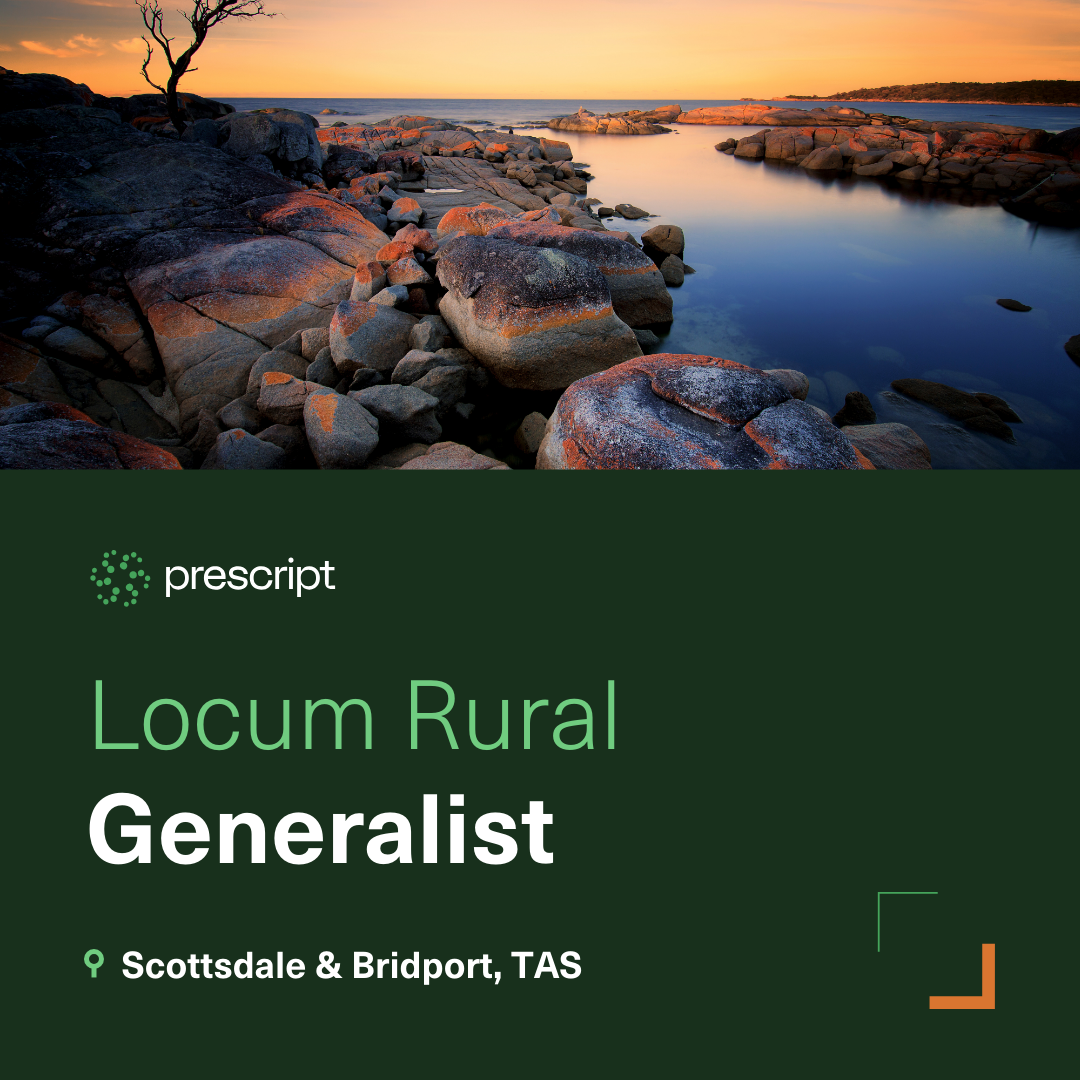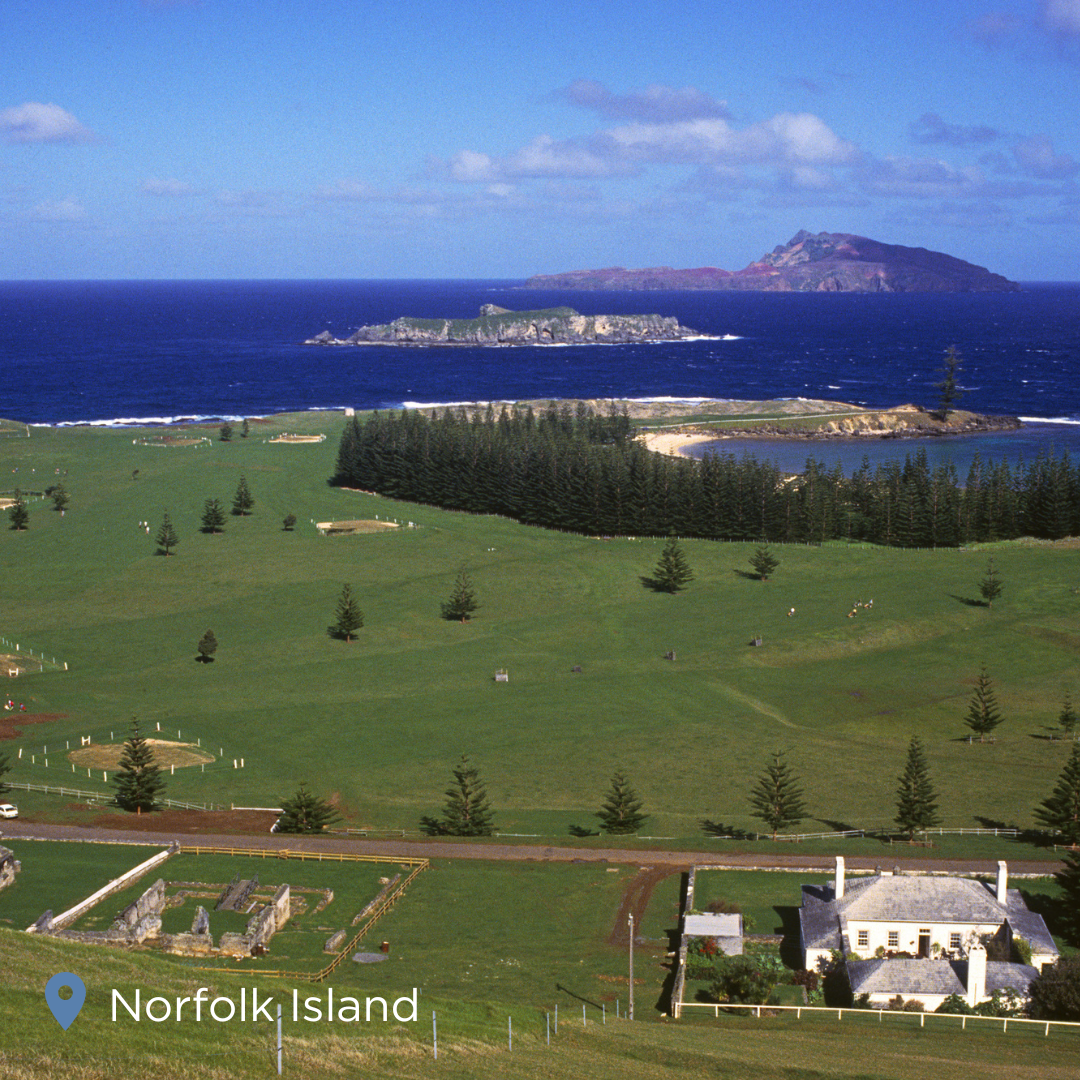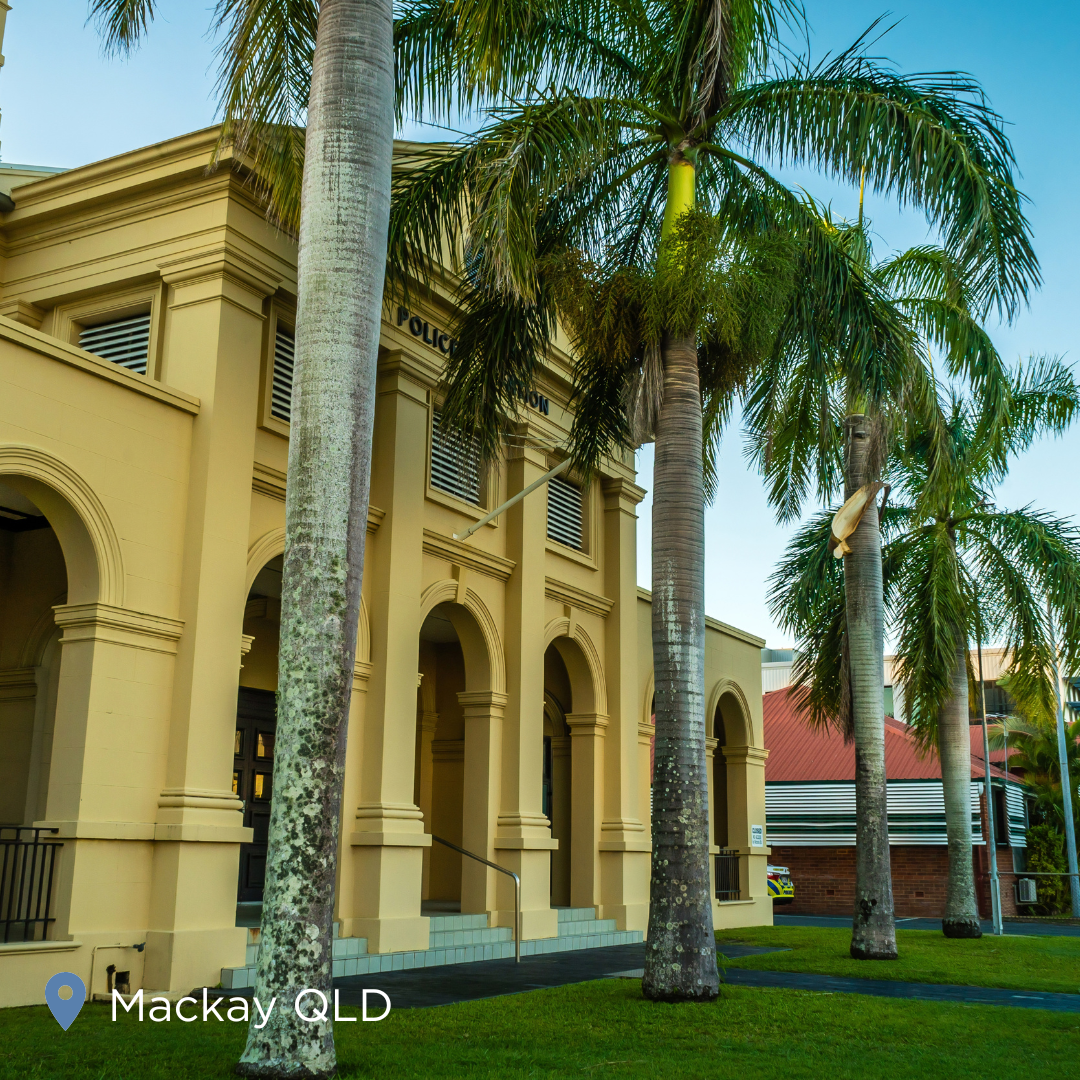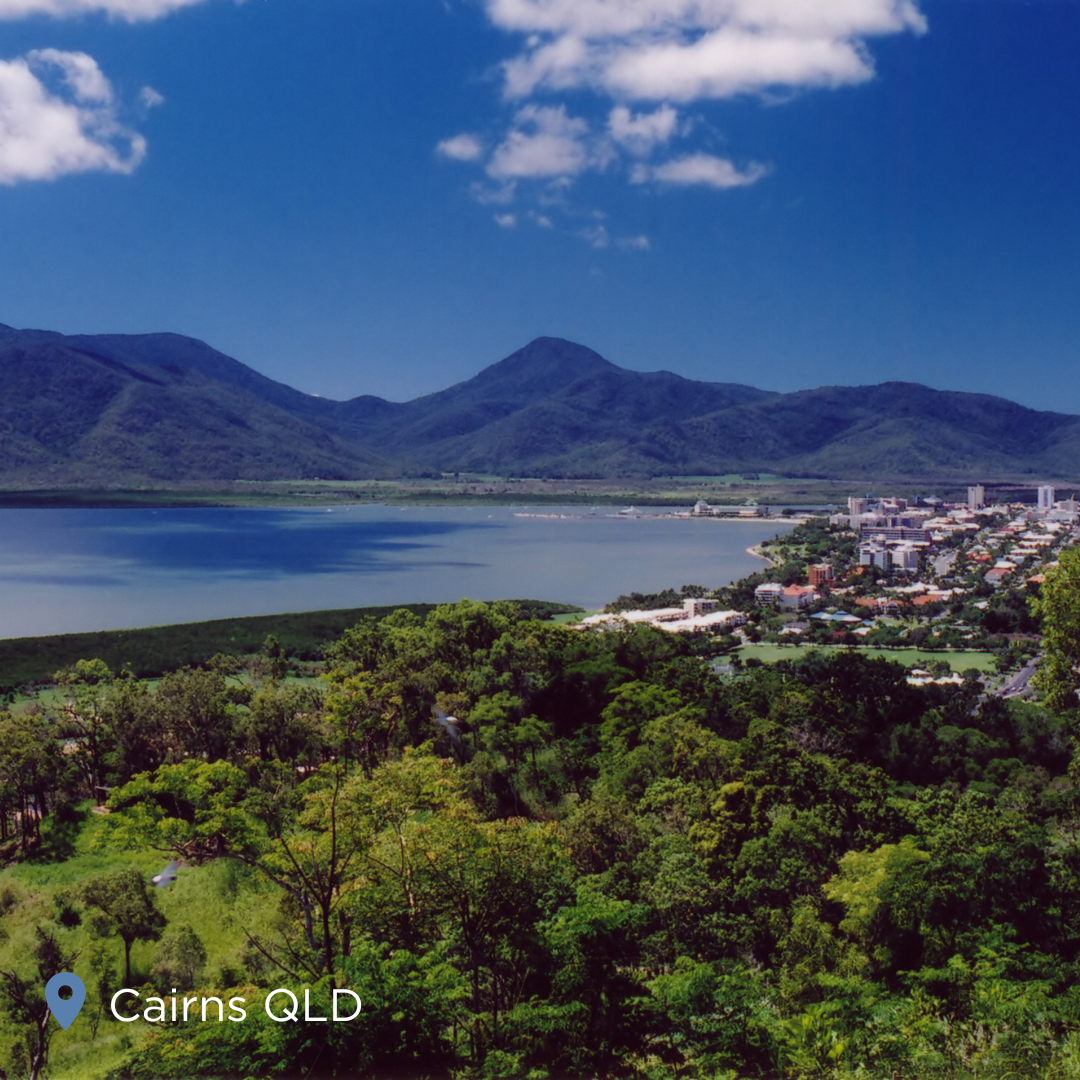“A meaningful locum in a community that needs you – with time to breathe, explore, and bring the family along.”
At Prescript, we place doctors in the right roles for the right reasons — roles that support regional communities and give you the lifestyle, support, and flexibility you deserve.
This is an opportunity for FACEMs to join the teams at Batemans Bay and Moruya Hospitals during a critical staffing period. Whether you're available for just a few shifts or several weeks, your presence will help keep vital emergency services running for the communities who rely on them.
We understand what it takes to step into a new environment and make it easy — with concierge-level logistics and full support from the moment you express interest to the day you arrive.
The Position
You’ll work across one or both EDs at Batemans Bay and Moruya Hospitals, two coastal hospitals just 30 minutes apart. Each has its own character but a shared commitment to high-quality care.
Shift times available:
7:00am – 5:00pm
10:00am – 8:00pm
12:00pm – 10:00pm
9:30pm – 7:30am
Rate: $2,500 per day
On-call: None
You can choose a short stint or block-book across multiple weeks — whatever suits your calendar and lifestyle.
Dates Available
We are seeking coverage from April through June 2025.
There’s flexibility to tailor shifts around your availability — from as little as two shifts to week-long blocks or more.
Why This Role Stands Out
Impact – Your skills help keep emergency departments running smoothly for regional communities who often face critical staff shortages.
Location – Between the beaches, rivers, national parks, and small-town charm, this part of the NSW South Coast is perfect for a working escape.
Flexibility – Choose when and how much you work. Fly in and out, or extend into a long weekend by the coast.
Ease of Access – Just four hours' drive from Sydney, or 90 minutes from Canberra Airport.
Family-Friendly – With local cafes, coastal walks, and wildlife on your doorstep, it’s a brilliant base to bring the family.
Variety and Balance – Work across two different hospitals for a bit of variety — or stay at one site, depending on your preference.
What We Require From You
FACEM
Current AHPRA Specialist Registration
A commitment to high-quality, team-based care
How We Support You
Prescript is a dedicated medical recruitment partner specialising in regional Australia. We handle every detail, including travel, accommodation, credentialing, and ongoing support. You’ll have a single point of contact throughout, ensuring a smooth and supportive experience from day one.
We exist to make roles like this easy, meaningful, and worth your time.
Your Next Step
If you’re ready to explore a rewarding locum in a picturesque coastal setting — where your presence genuinely matters — reach out to our Emergency Medicine team today.
Melissa Houston – Senior Recruitment Partner
mel@prescript.com.au | 0415 075 498
Elliott Hunter – Recruitment Partner
elliott@prescript.com.au | 0451 445 969
“Prescript are medical recruitment specialists.”
At Prescript we’re known for helping solve the regional doctor shortage in Australia.
Every day we’re focused on two clear outcomes - Helping hospitals find doctors that create departments and clinics that run better, have more capacity and less stress. And placing Doctors in jobs that leave them feeling highly valued, rewarded and, most importantly, enjoying what they do.
We believe that when we get these two crucial things right, it has a huge impact on the regional doctor shortage and the healthcare of communities across Australia.
There are three ways to contact us:
Call 1300 755 498
Email hello@prescript.com.au
Click 'Connect with Prescript'
“We’re known for solving the regional doctor shortage, leaving doctors loving what they do and regional communities feeling like they have the best doctors in town.”














